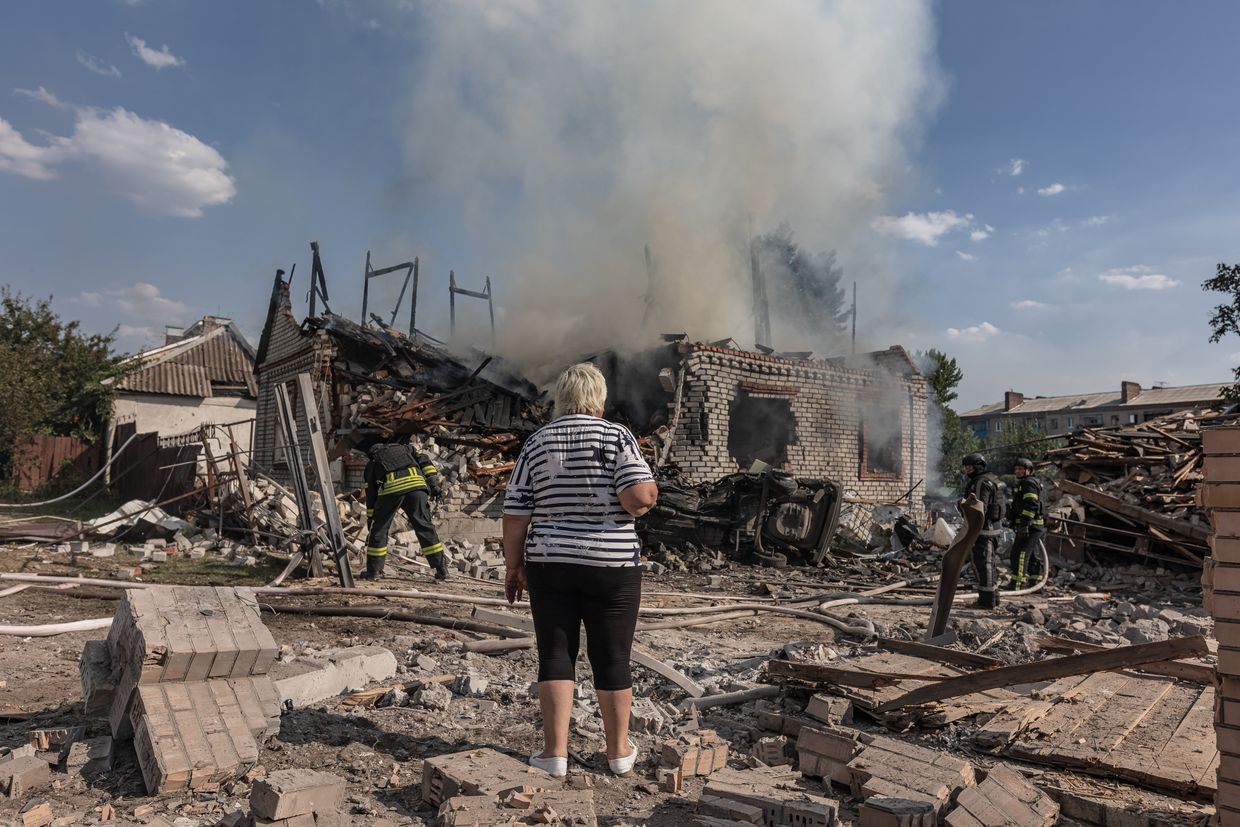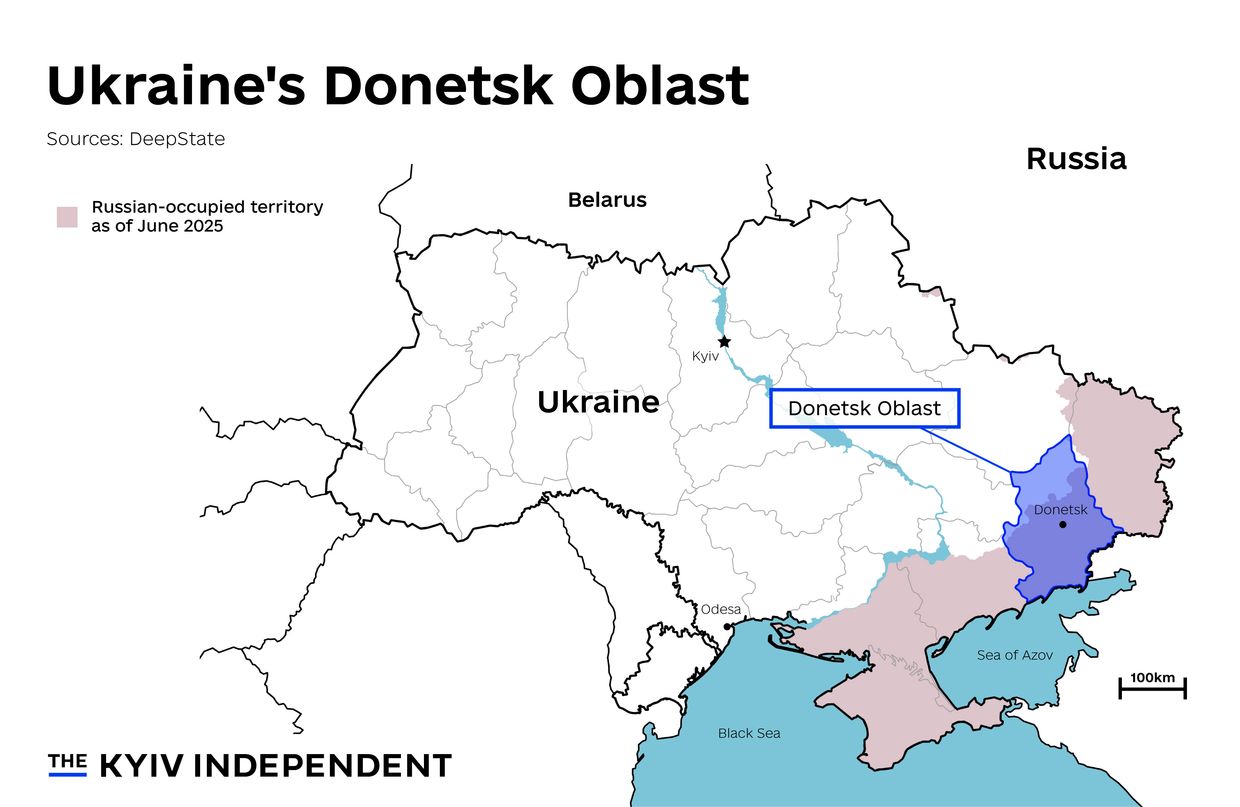“Fortress in dark”: Moscow’s assault on Sloviansk power plant masks deeper goal

Russia fights against the light. On 30 October, Russian aviation dropped guided bombs on the Sloviansk Thermal Power Plant. Two people were killed, said Ukrainian President Volodymyr Zelenskyy.
This is a deliberate attempt to paralyze the energy sector, leave civilians without electricity and heat, and create a humanitarian crisis. The terrorist attack also breaches international humanitarian law, including the Geneva Conventions.
Using violence to intimidate civilians in order to force political or military decisions qualifies as terror and may constitute a war crime.
"This is pure terror"
The strike on the Sloviansk TPP is also a violation of international legislation because the facility is civilian, the attack caused deaths and injuries among civilians, and it created a threat to the population’s energy security.
“A few hours ago, there was a strike on the Sloviansk TPP — Russian bombs. Unfortunately, two people were killed. My condolences. There are injured,” said Zelenskyy.
Part of the Donbas fortress belt
Donbas is an industrial area in the east of Ukraine that includes two regions: Donetsk and Luhansk oblasts. The Russians have been attempting to seize them for 12 years.
Control over Sloviansk would enable Russian occupiers to strengthen their defenses and establish logistical routes for further operations in the Donbas, including those toward Kramatorsk.
Sloviansk, Kramatorsk, Druzhkivka, and Pokrovsk are part of the Donbas fortress belt. Together, these cities form Ukraine’s eastern stronghold. If it falls, the defensive ring could be flanked, leaving the heart of Donbas vulnerable.
Ukraine counters terror with Norway, Germany, Netherlands
In his night address to the nation, Zelenskyy emphasized that Russia deliberately conducts terrorist attacks on civilian energy infrastructure, and the world must respond.
"This is pure terror. Such Russian warfare requires an appropriate response from the world," he claimed.
Zelenskyy reported that active negotiations are underway with partners to strengthen Ukraine’s energy sector, supply equipment, and compensate for losses.
Specifically:
- Norway — agreements to support gas purchases.
- Germany, Italy, Netherlands — cooperation on electricity generation equipment.
- European Commission — expected support for energy resilience.
- G7 — Ukraine’s Energy Minister is holding negotiations with the energy ministers of the G7.



